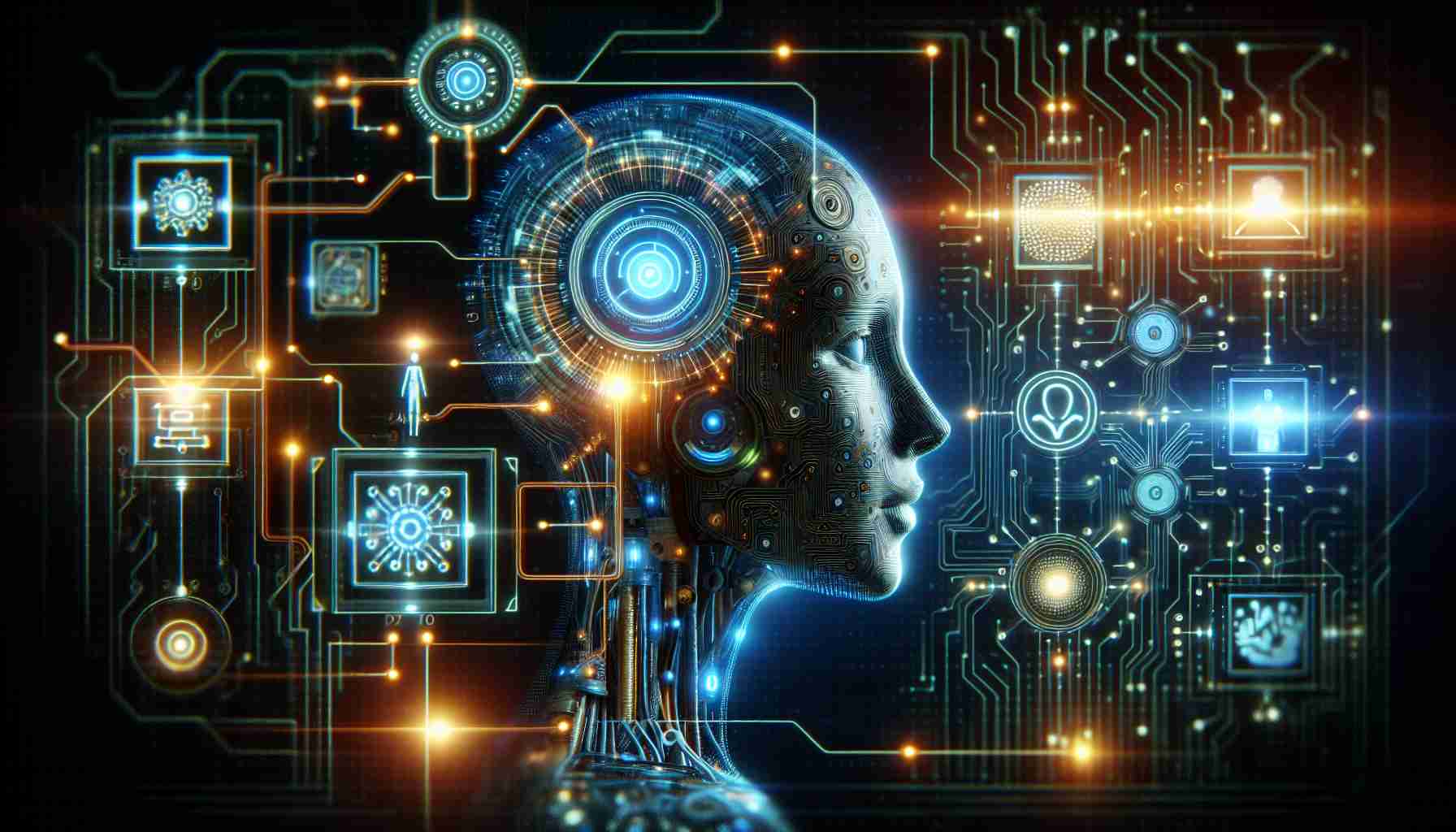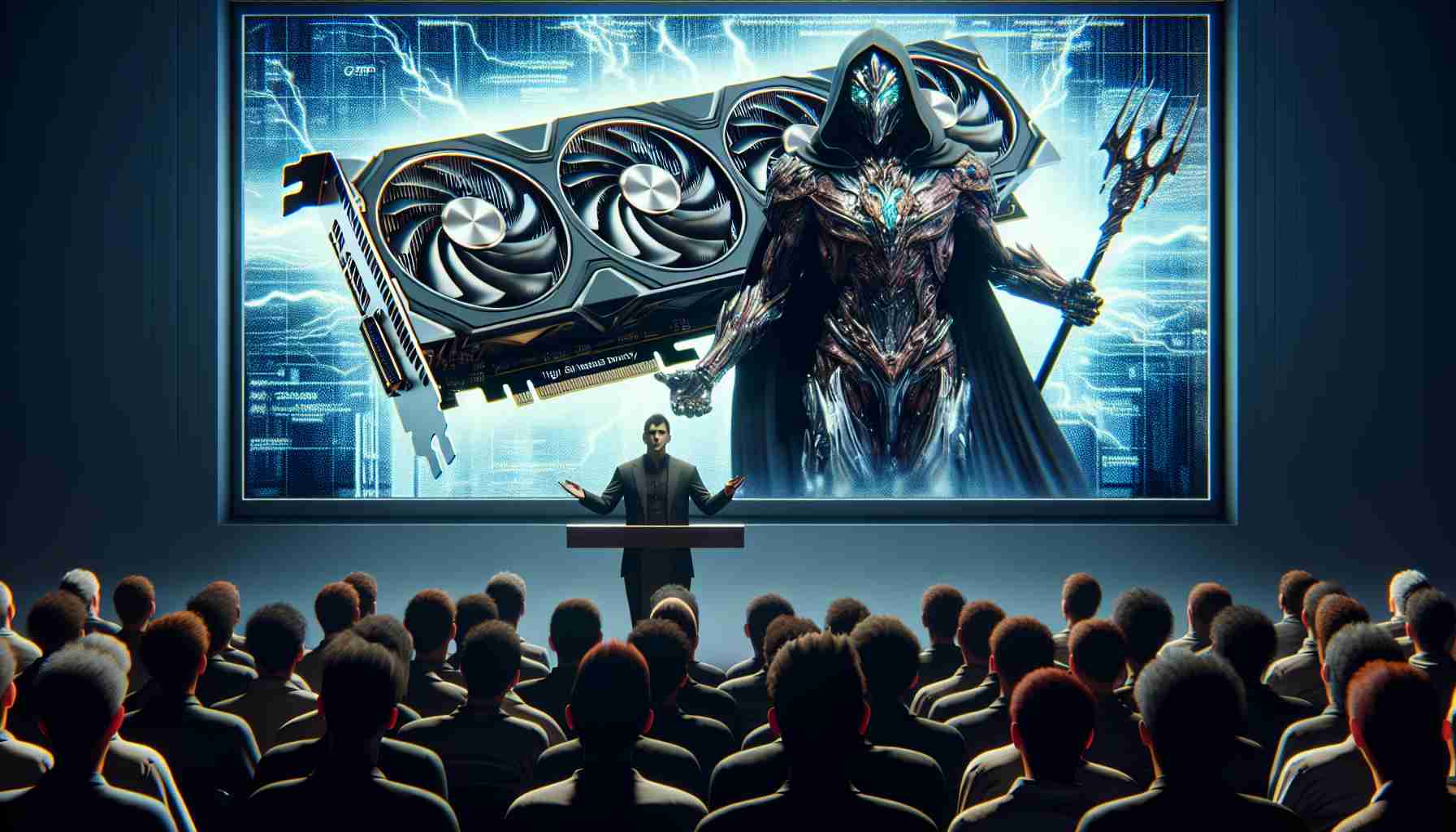Artificial Intelligence (AI) is revolutionizing the way we interact with technology, and its impact is evident across various industries. But what exactly is AI, and why is it causing such a stir?
Artificial Intelligence refers to the simulation of human intelligence in machines designed to think and act like humans. These systems can perform tasks such as visual perception, speech recognition, decision-making, and language translation. AI is powered by algorithms and goes through processes of learning and reasoning to enhance its performance over time.
A compelling example of AI in action is IBM’s Watson, which gained fame after beating human champions in the quiz show Jeopardy! Watson utilizes natural language processing and machine learning to interpret and respond to questions. Initially developed to understand nuances in human language, Watson has since been applied in healthcare to aid in diagnosing diseases and personalizing treatment plans.
The potential of AI extends beyond game shows and medicine. In the automotive industry, AI is the driving force behind autonomous vehicles, where it processes data from sensors and cameras to navigate roads safely. In daily life, AI-powered virtual assistants like Siri and Alexa have become household staples, managing schedules, providing information, and controlling smart home devices.
Despite its remarkable capabilities, AI is not without ethical challenges. Concerns around privacy, job displacement, and decision-making transparency underscore the need for careful and responsible integration of AI into society. As we continue to innovate, understanding AI’s scope and impact will be critical to harnessing its full potential while mitigating risks.
The Dark Side of AI: Unraveling the Hidden Impacts on Society
Artificial Intelligence (AI) is not only transforming industries but is also infiltrating the social fabric of communities, creating unforeseen implications. While its potential for revolution is undeniable, AI’s lesser-known effects warrant attention due to their pervasive influence on everyday life.
Surveillance and Privacy Concerns: In city management, AI systems enhance public safety through advanced surveillance techniques, analyzing video feeds for suspicious activity. However, this raises significant privacy issues. Facial recognition technologies, often criticized for their biases, are feared to erode personal privacy. As urban areas adopt these systems, the fine balance between safety and civil liberties is hotly debated.
Ethical Quandaries in Autonomous Systems: The rise of AI in autonomous vehicles is laden with ethical dilemmas. Questions about accountability in accidents involving AI versus human error lead to heated discussions. Who is responsible if an AI-driven car makes a fatal error? Defining moral imperatives for machines steers us into uncharted ethical territories.
AI in Workforce Dynamics: Even beyond potential job displacement, AI’s ability to augment human roles demands a skill shift, necessitating new educational approaches. While routine tasks may be automated, the human workforce is being pushed toward creative and strategic roles. Are educational institutions ready to prepare future generations for this shift?
The controversies surrounding AI, combined with its integration into everyday sectors, make the exploration of its societal impact both critical and complex. As we advance, transparent policies and ethical frameworks will be needed to ensure AI evolves as a beneficial tool.
For further reading on AI and its societal impact, visit OpenAI.


















